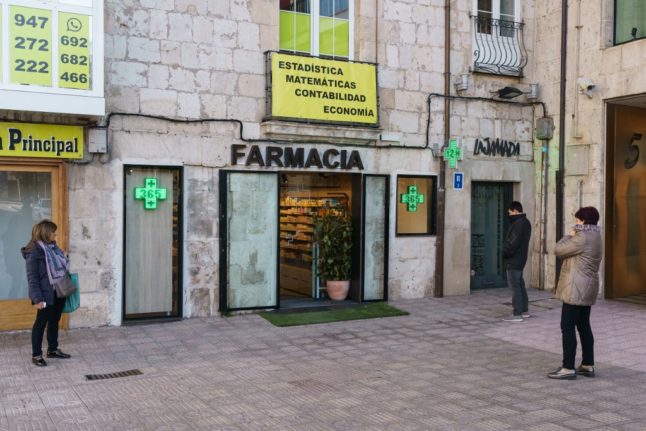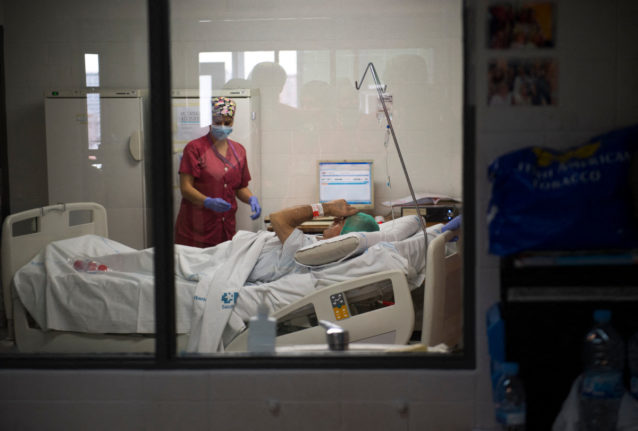In 2022 Spanish pharmacies experienced supply problems with 403 medicines, according to Spain’s General Council of Pharmaceutical Colleges (CGCOF).
Though this figure represents just 5 percent of the total 20,000 medicines sold in Spain, it is an increase of 150 percent compared to 2021 and represents what experts have deemed a “worrying” trend that is rising after two years of decline. The shortages last an average of four or five weeks.
This was the warning made by the CGCOF based on its data on the supply of medicines (CisMED), which is focused on ‘supply alert’ notices provided by almost 10,000 of the 22,000 pharmacies across Spain.
READ ALSO – Reader question: Are there limits on bringing medicines into Spain?
On average in 2022, more than 70 medicines were identified as suffering from shortages per week. The weekly average for 2021 was 28 incidents and in 2020 it was 41.
Of these shortages, experts say they are especially pronounced in medicines for the nervous system and cardiovascular groups, and “very significantly” pronounced with paediatric amoxicillin and some anti-diabetic drugs.
Medicines for the nervous system made up around 20 percent of the incidents, followed by cardiovascular therapeutics, with 19 percent, digestive 14 percent, and respiratory 13 percent.
READ ALSO: Pharmacies in Spain will be able to sell medical marijuana by the end of 2022
Call for calm
Stark as this statistic may seem out of context, however, it does not suggest that shelves in Spanish pharmacies are bare nor that Spaniards are being turned away by out-of-stock pharmacists.
Speaking at a press conference on Tuesday, President of the CGCOF, Jesús Aguilar, soothed fears by drawing distinctions between different types of shortages, one, he said, was “when there is none for anyone,” and the other a lack of supply “when there is none today but there will be tomorrow, or when there is none here but there is there”.
Spain, he said, was suffering the second, adding that pharmacists can always replace or find alternative medicines. “Citizens have to be calm. It’s under control. We have the problem when it comes to looking for the medicine, not the citizens,” he added.
Causes
The causes of the shortages of certain medicines in Spain are various, but many stem from a combination of the centralised nature of production, meaning some medicines are produced only in certain parts of the world or even single factories, and a shortage of raw materials and packaging from Asian countries where production has been slow to recover from the pandemic shutdown, as well as the low price of medicines in Spain.
The issue is “a multifactorial problem that comes from problems with the increasingly globalised nature of drug manufacturing,” Aguilar said. “This supply problem has been affecting Spain for years, as well as the rest of Europe and the world.”
Farmahelp
To try and ease the supply shortages, the CGCOF has launched a new campaign to expand ‘Farmahelp’, a collaborative network of pharmacies that already has almost 6000 participating branches.
The Farmahelp app allows patients to find medicines in nearby pharmacies when they are unavailable and connects the pharmacy branches so they can update one another about the availability of medicines.



 Please whitelist us to continue reading.
Please whitelist us to continue reading.
Member comments